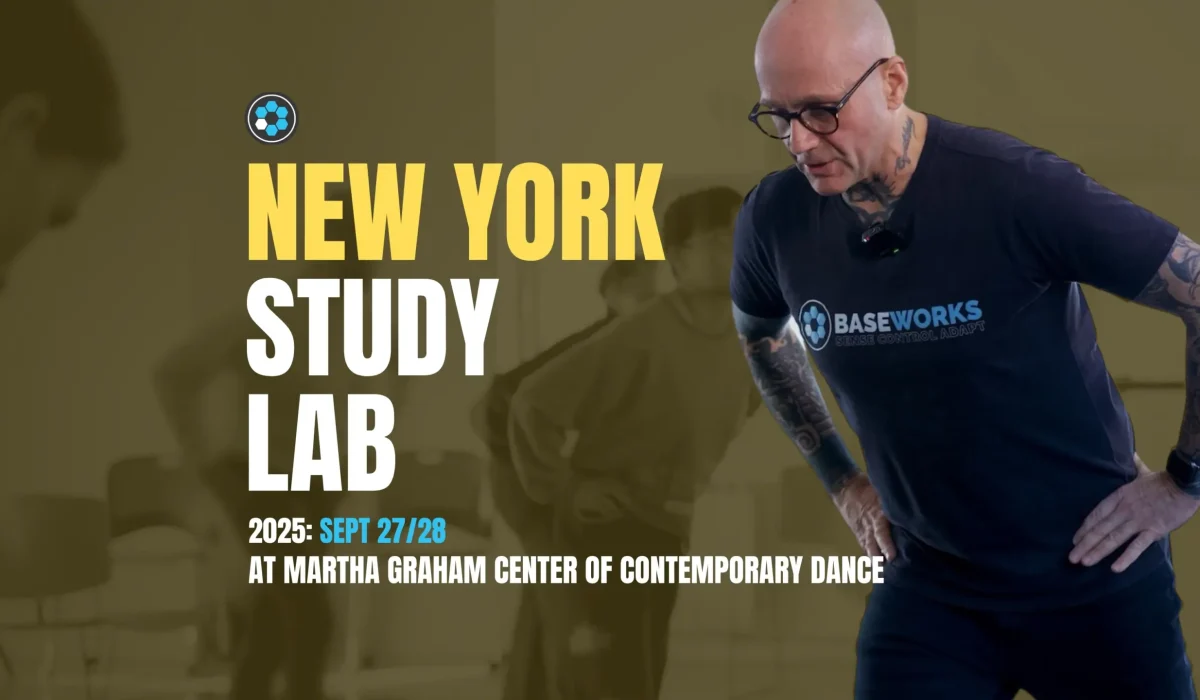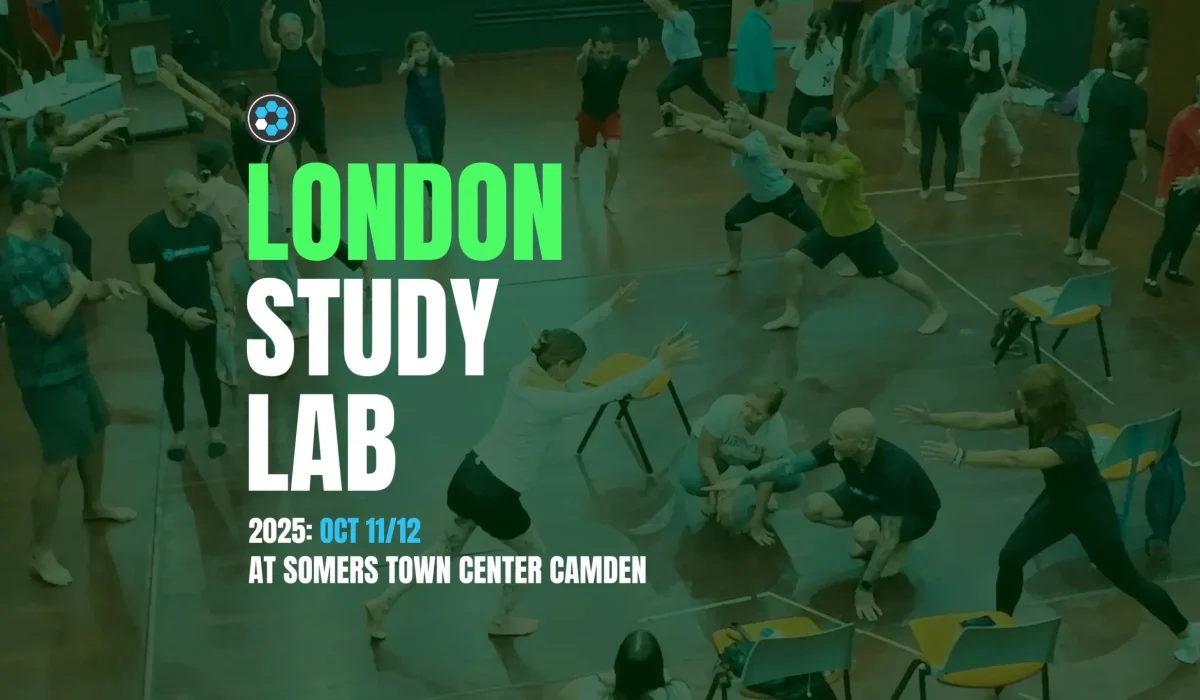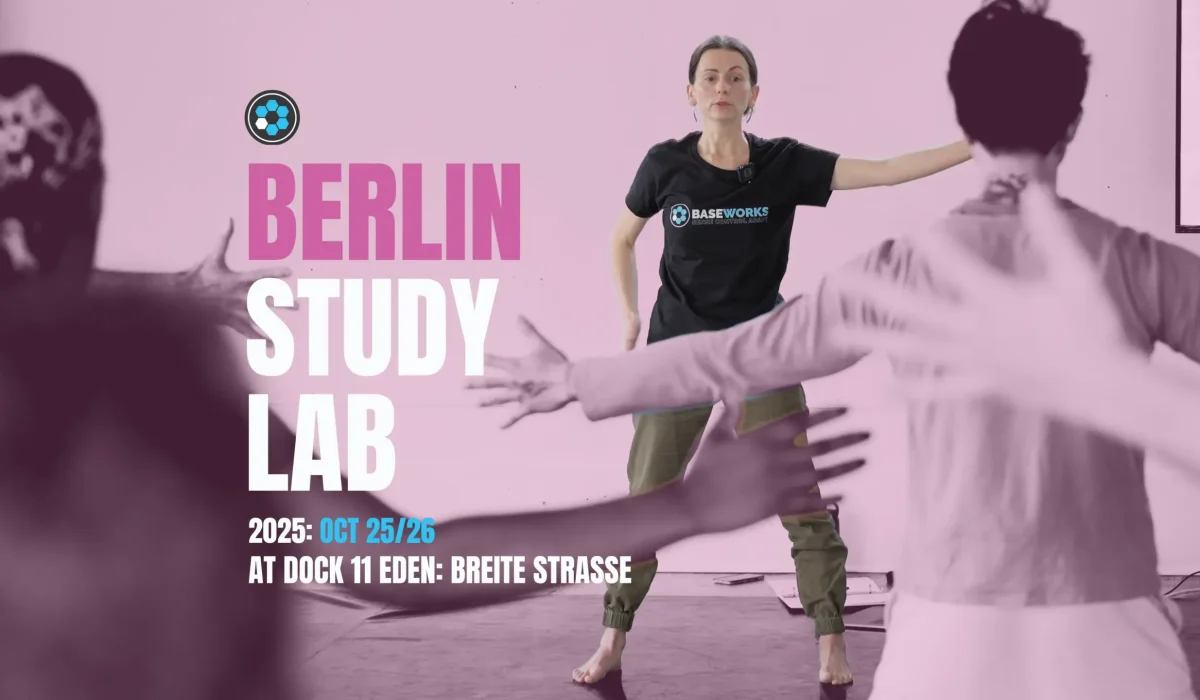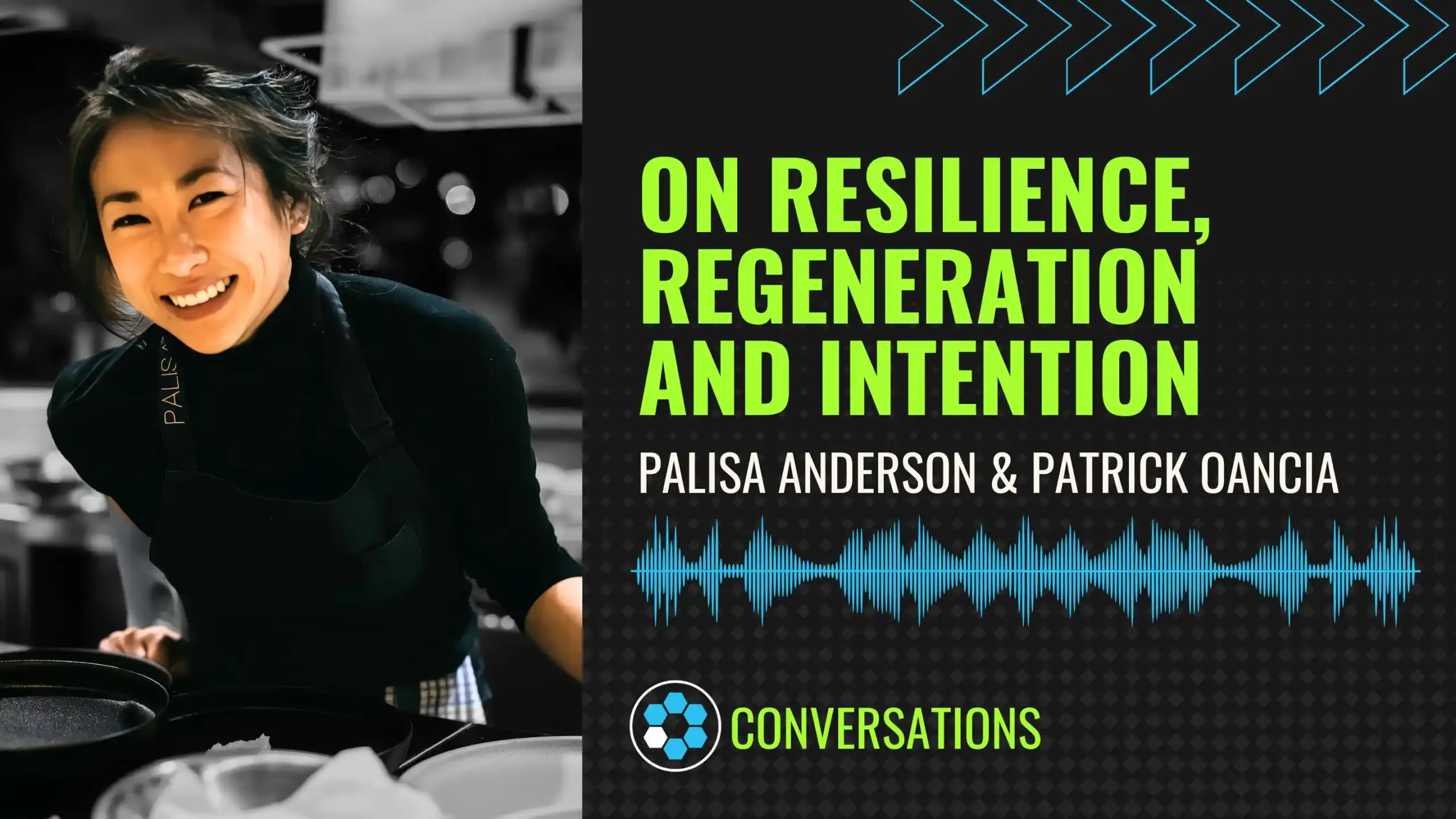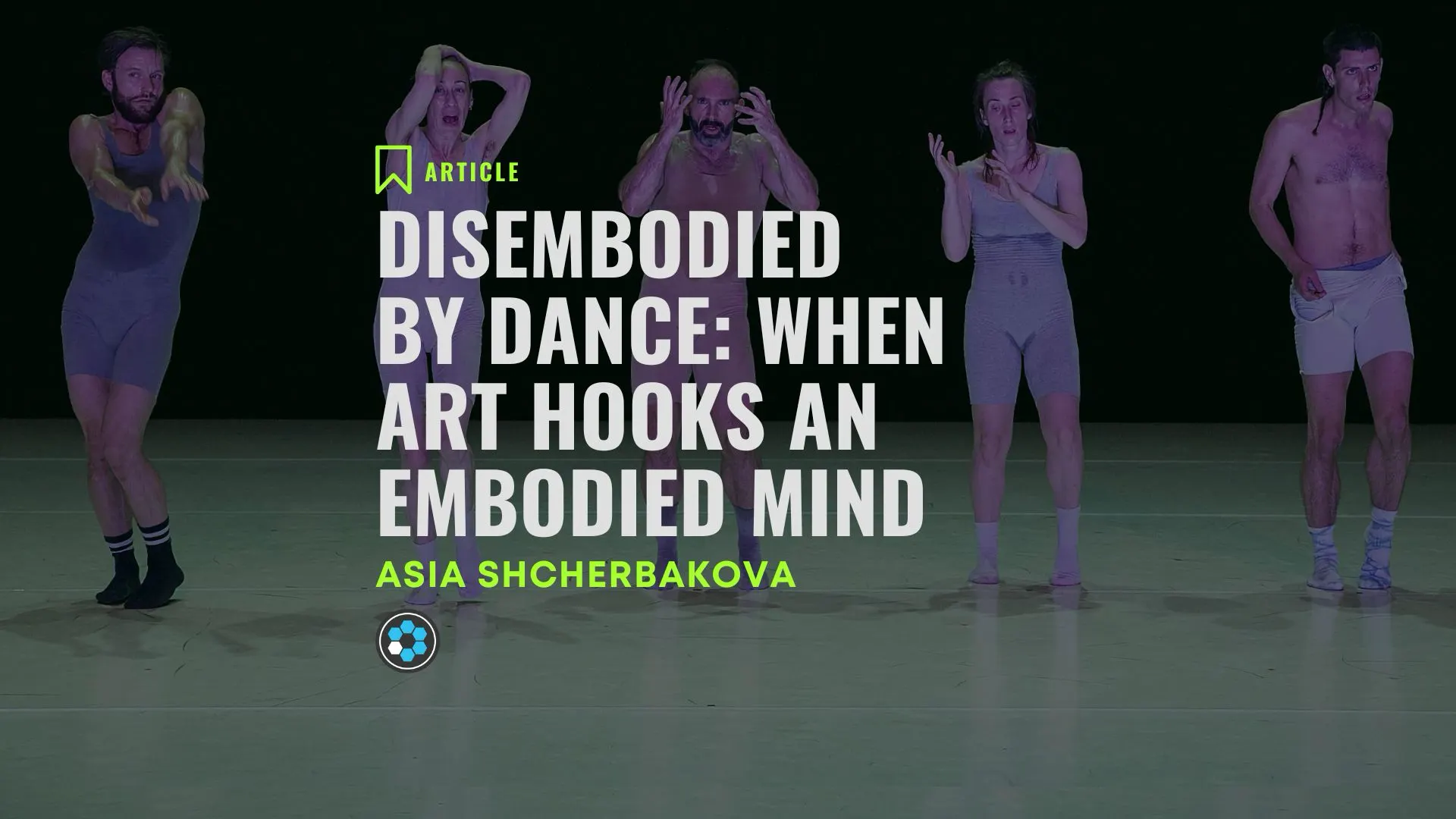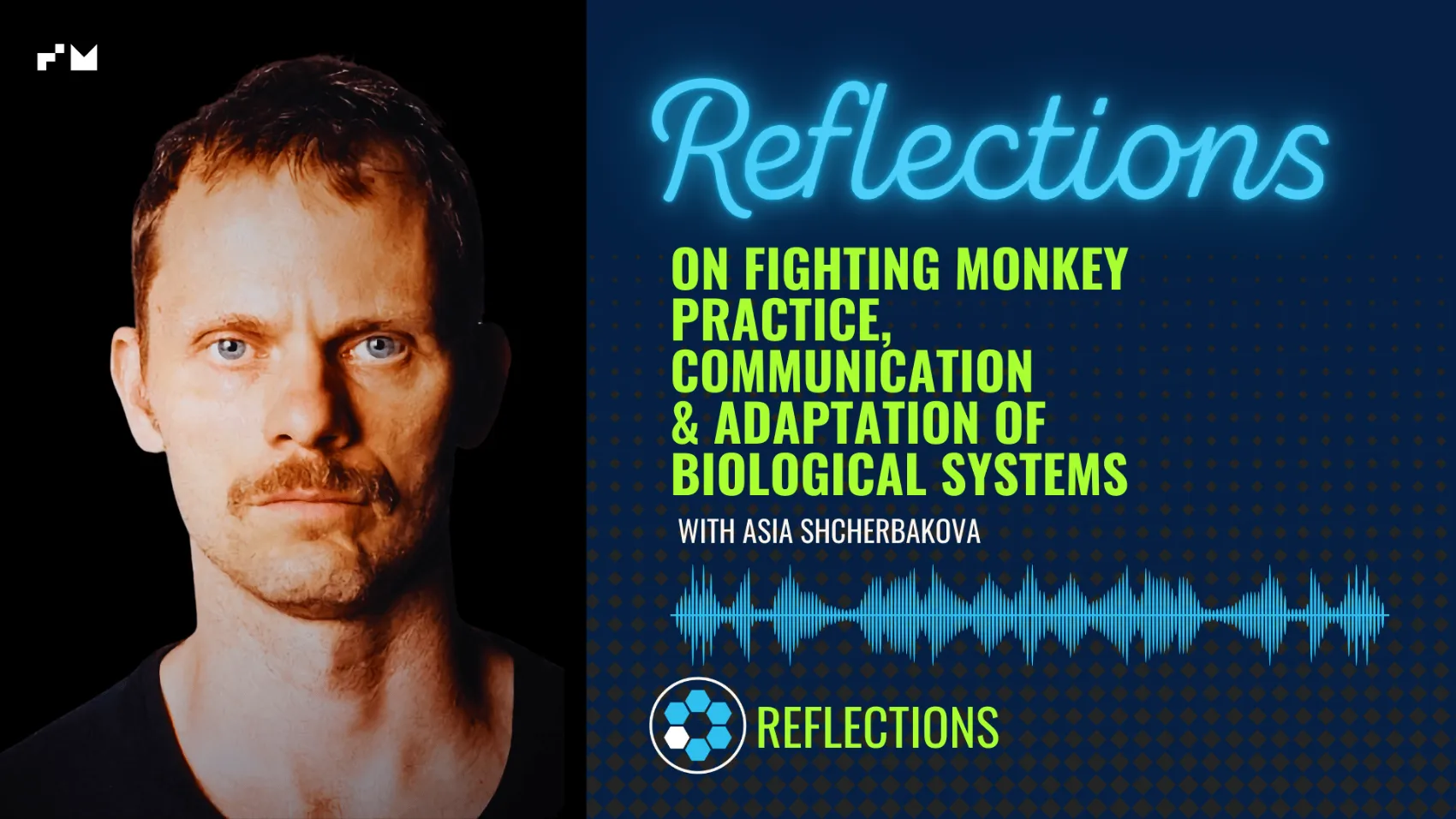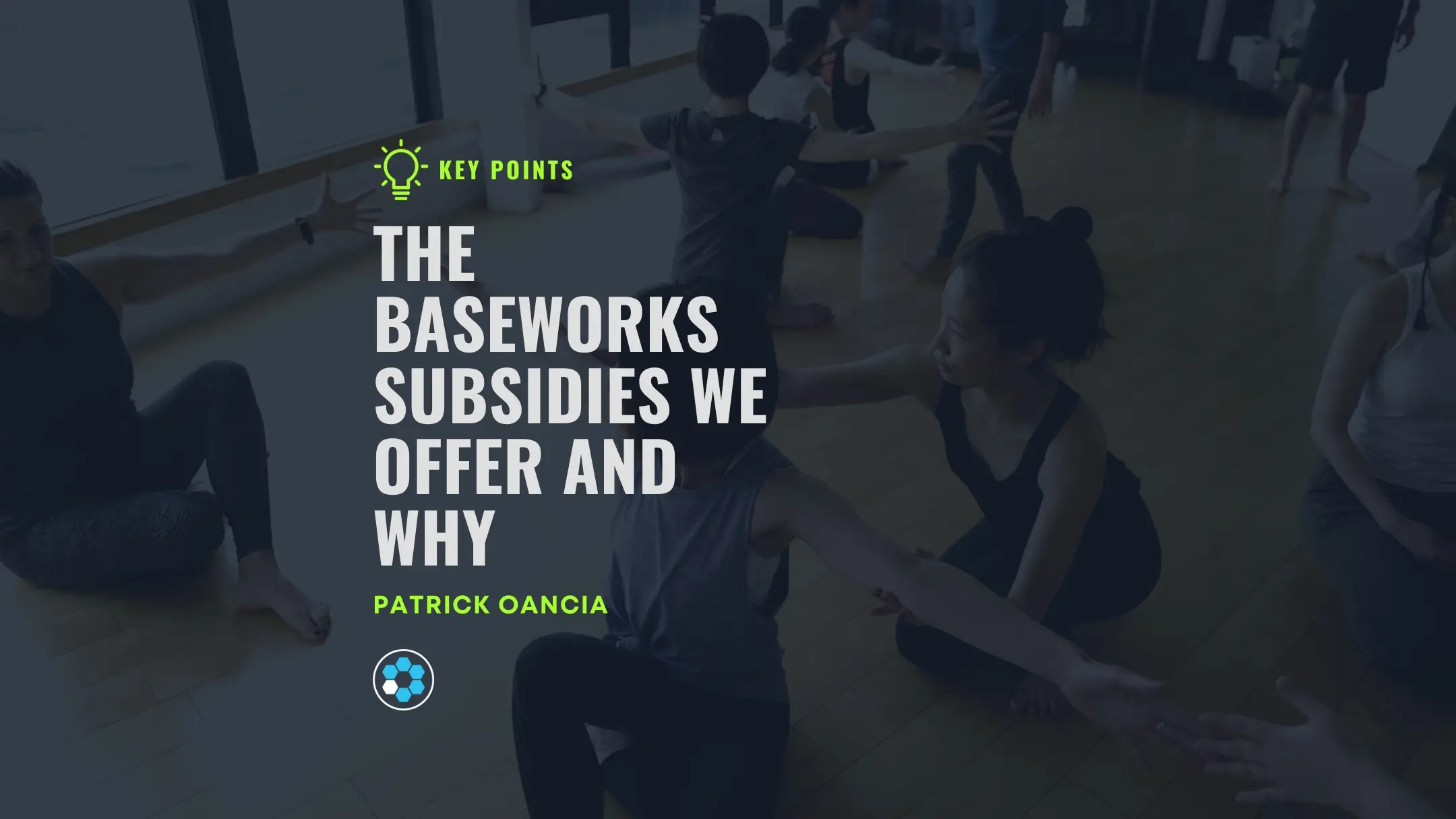Have you ever thought of developing the cognitive and emotional skills of a monk but gave up after trying two sessions of the Headspace meditation app? Or perhaps experienced a new kind of pain from the kimura lock during your Brazilian Jiujitsu grappling practice and left the dojo feeling defeated and uninspired? Have you then resorted to a fancy neurofeedback device as a shortcut to your mind-body transformation? When even this did not bring you to the anticipated black belt in mindfulness, perhaps tried ayahuasca and microdosing LSD because you heard that these divine substances are guaranteed to hack your way to a perceptual shift. Were you satisfied with the results?
How soon will it be until you try the next popular thing?
Problem and its Cause
I see more and more people these days who jump from one thing to another without giving anything a more augmented try. It’s no surprise, given the plethora of choices and limited time. And the irony is the more sensational or readily appealing and available something is in catching our attention, the faster people tend to both go for it, and before long, opt-out. Relationships, jobs, hobbies, leisure activities… People drop off before even beginning to understand what effect anything has on their lives.
It’s unfortunate how few people seem to know that if they committed more to anything that it could change just about everything. Even if it’s something that they won’t exclusively stay with forever.
My background
Throughout my life, I did competitive sports, including swimming, cycling, snowboarding, and skateboarding. I played instruments, studied dance, martial arts, and performed in bands. I was an apprentice renovating Victorian and Brownstone houses in the gorgeous Canadian city, which I was very proud to call my home in the ’70s and ’80s.
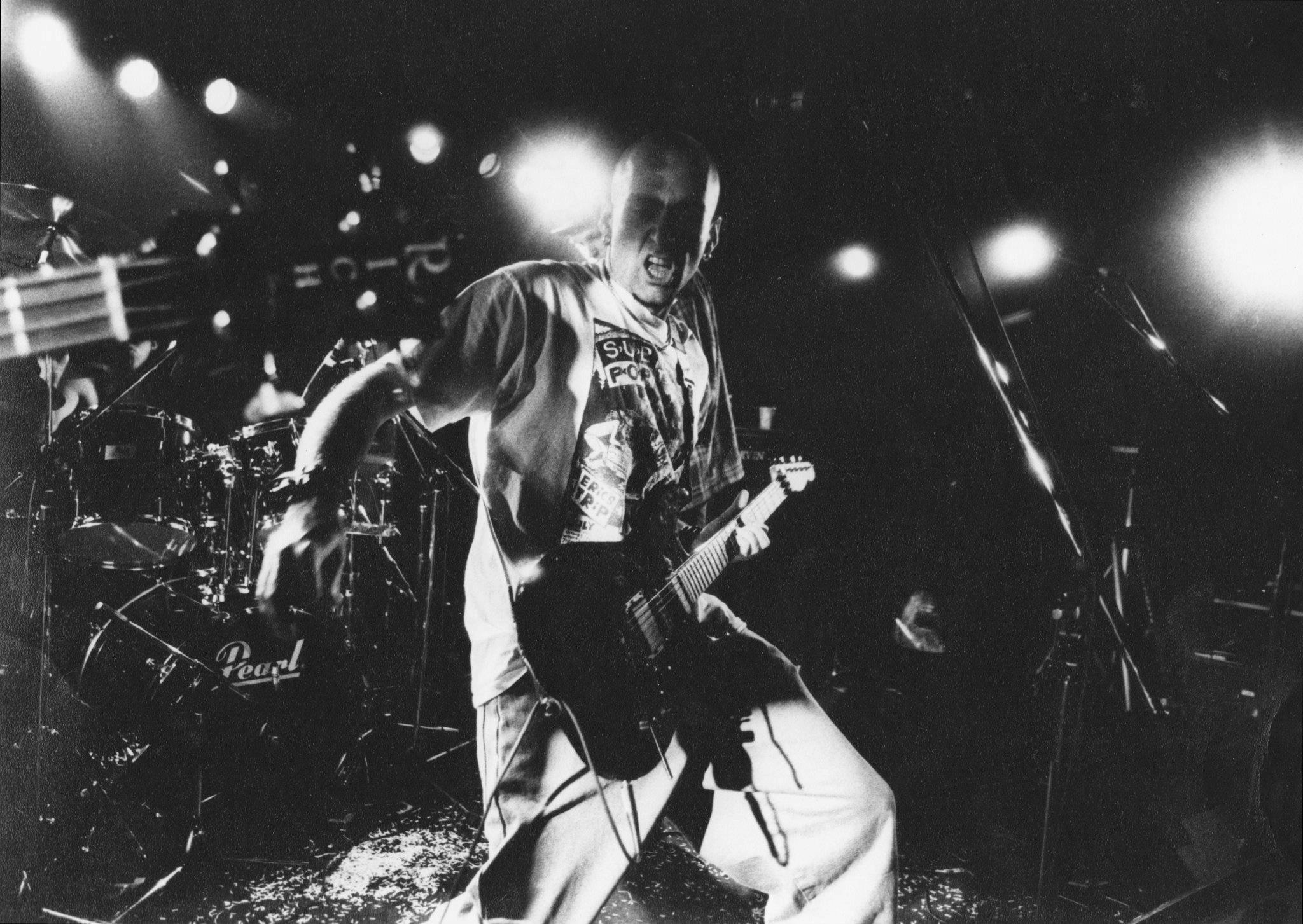
Whichever the medium, the one thing that was always constant was that the continuous engagement in any of these activities gave me a sense perspective. And that provided me the energy necessary to persevere and get something that I had, in most cases, not anticipated.
When I started teaching movement practices, one of my primary goals was to share not only what I had learned but also how I had learned it. Eventually, I developed Baseworks. In the Baseworks method, how one approaches the practice is at the forefront and is as important as the physical aspects of the practice itself.
From Conceptual to Embodied
A practice always starts as a conceptual experience inspired and molded by trends filtering through media, society, and culture. Yet, if one can commit to a regular practice routine, they will inevitably feel the effects and importance of practice consistency in their bodies, gaining insight beyond the popular trends.
Putting in the time necessary to build continuity and consistency is what’s really making it possible to embody the practice. The continuity of practice is not just about adhering to the concepts. It’s more about understanding the compounded effect on performance, perceptual ability, health, and wellbeing over an extended period. To embody a practice is to bring the experience and the outcome together as a whole.
When the goal of the practice is the practice itself rather than the expected targeted gains, the outcomes that emerge from the continuity are in many cases, unpredicted and unexpected.
I put in years of dedication into the development of Baseworks Practice. Yet, I continuously learn something completely new about my body from all the teachers that studied with me when they teach me the method I developed. This is both humbling and powerful.
Gains Beyond Purely Physical
Dedication to practice can evoke emotional intelligence. As we learn from both the challenge and progress of working with the body, it inevitably begins to generalize into other domains of our existence. It rewires the way we see the world and allows us to apply the new skills to real-life experience.
The Baseworks movement principles are all meant to stimulate motor learning. This is the ability of our brain to control movement under a variety of conditions. However, it is not just about building muscle mass and moving the body in space. One of the main objectives of the Baseworks vision is to highlight the effect of movement practice on all faculties of human experience. This is not about the exhilaration of the high one can get from achieving physical gains. And it’s not about prevention of cardiovascular disease, stress relief and undoing the effects of prolonged sitting. I really would like people to experience how a movement practice can affect our psychological and perceptual framework.
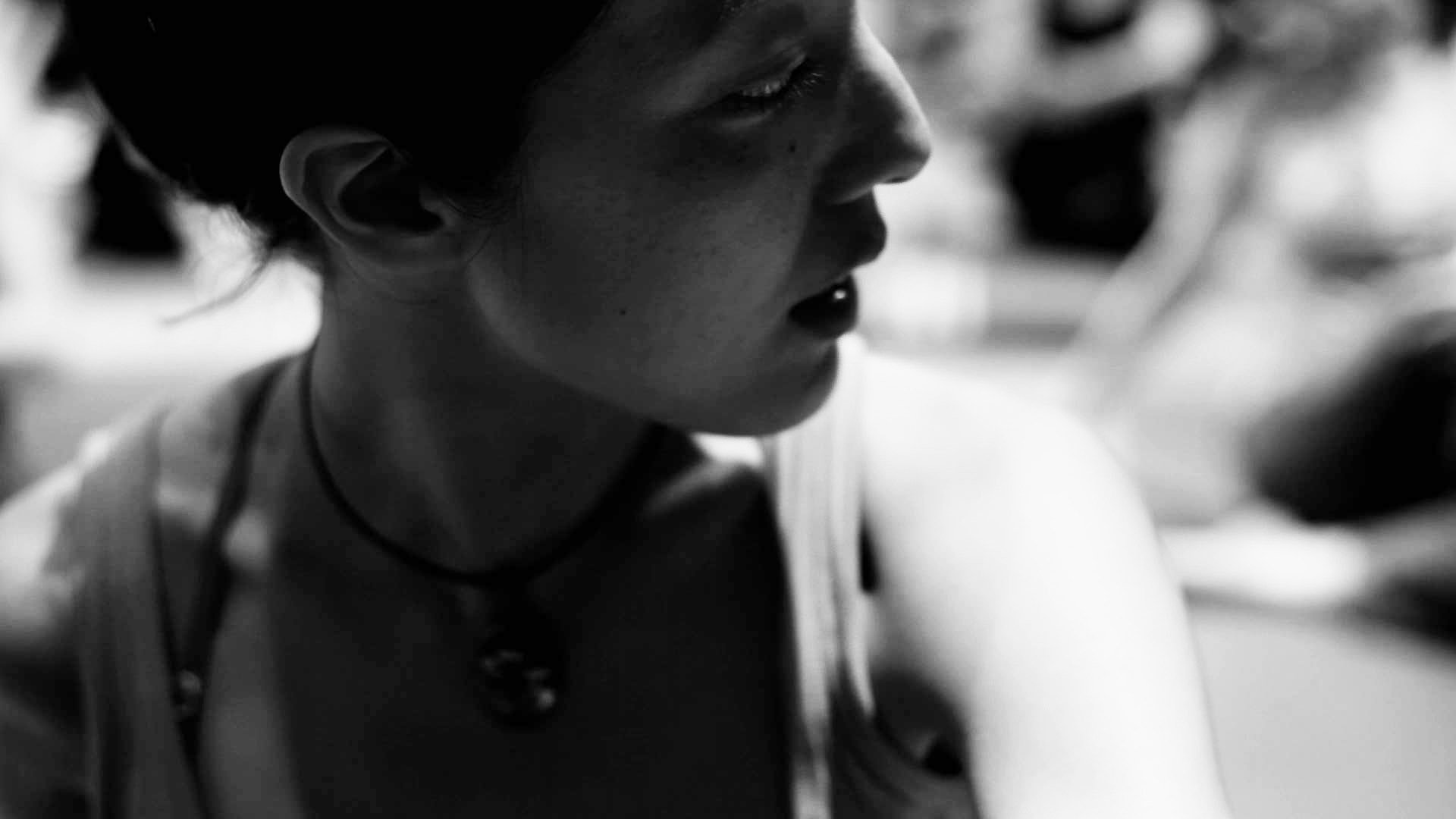
Consistency vs. Novelty and Stagnation
When building consistency, it’s also important not to get stuck in the same practice as a habitual pattern. Although routine is essential to how we learn, it threatens to elicit stagnation. In this way, it is vital to continually experience and learn other things.
I was driven by the realization that trying different things was absolutely essential to achieve getting better at all the things I loved to do. Even if that drive was brought about by having fallen into a rut.
Yet without the appropriate foundation, jumping from one new thing to another gives rise to the very same threat of stagnation – getting stuck at a shallow entry-level, not ever knowing what it feels like to advance by going deeper.
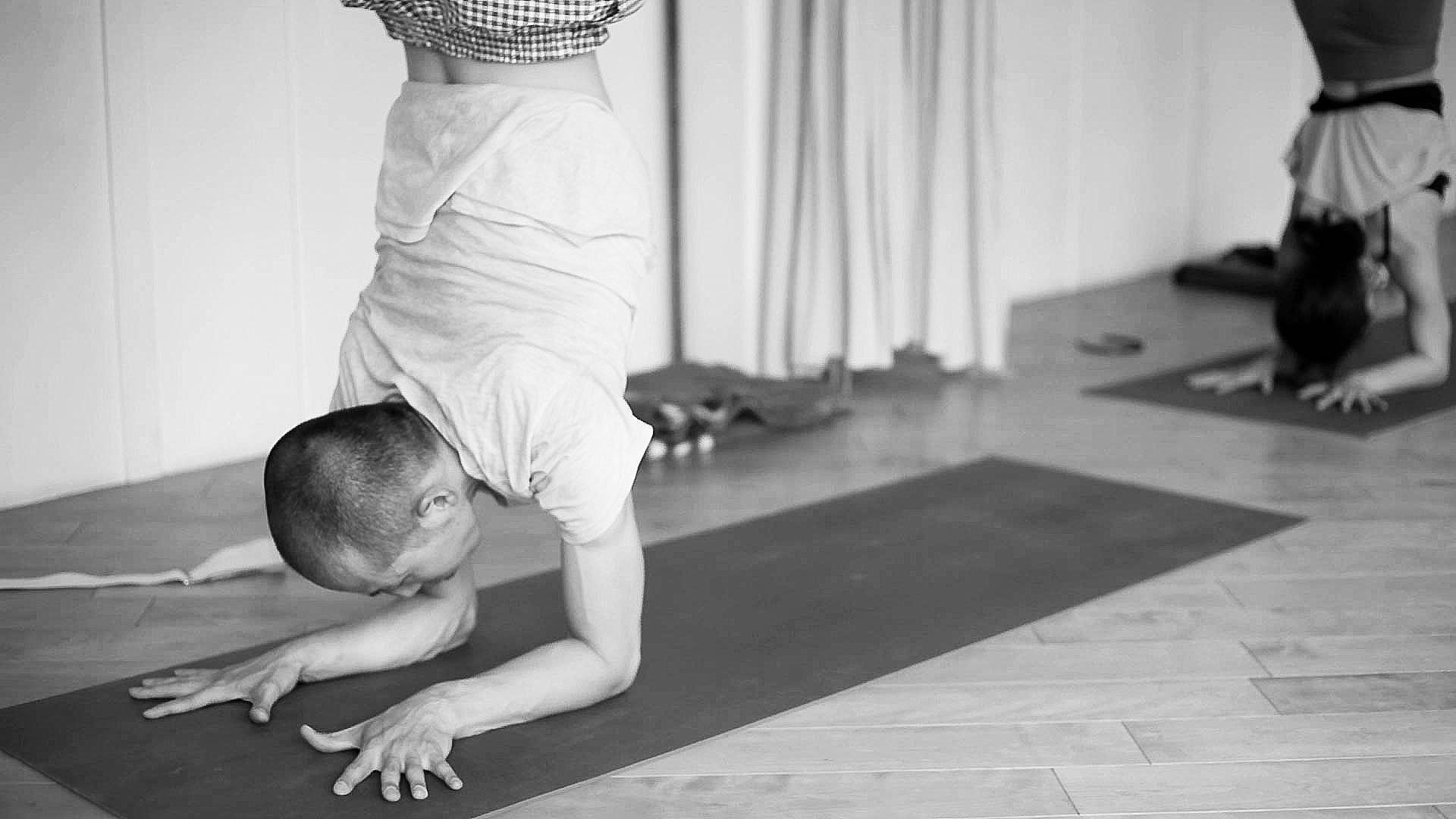
Foundation and Building Upon
I’m always going on about how Baseworks Practice is a foundational practice to everybody I meet. To explain what I mean by that, let’s look at architecture (which I love as an inexhaustible source of metaphors to think about body, space, and life in general ).
If you think about the foundation of a building, the stronger the foundation, the more you can build on it. But at the same time, it would be redundant to pour the foundation and not to build anything on top.
There’s no doubt that by practicing a structured practice such as Baseworks, one would become better and better at the practice. And if one were to start to teach it, the quality and the form of the practice would be taken to a whole different level.
But I urge anyone not to think that it stops at just that. This is one of the things that sets Baseworks aside from other more exclusive methods. I hope that the deep structure of the practice and the contemplative nature of the approach will give anyone both motor and emotional skills, a more refined perceptual resolution of the body, and a sense of perspective that one could extend to explore whatever the heart is open to.
For me, the Baseworks approach is the object of my commitment. The foundation to continue building upon and a measuring device to reflect on the changes in myself.
As I stack experiences and relate them to the physicality of what goes on in my life, I reinforce the realization that learning is ongoing.
Conclusion
I believe that this continuous, contemplative learning is something that you cannot get by jumping from one thing to another. A compulsion to novelty and the inability to commit robs one of the essential and meaningful experiences in life.
“You must understand the whole of life, not just one little part of it. That is why you must read, that is why you must look at the skies, that is why you must sing and dance, and write poems and suffer and understand, for all that is life.” –Jiddu Krishnamurti
Photo credits: Peter Cook, Patrick Oancia
For information on upcoming collaborations and current Baseworks events check out the Baseworks Events Listings.
If you would like to stay connected to what’s happening with all our Baseworks projects, sign up for our mailing list.



